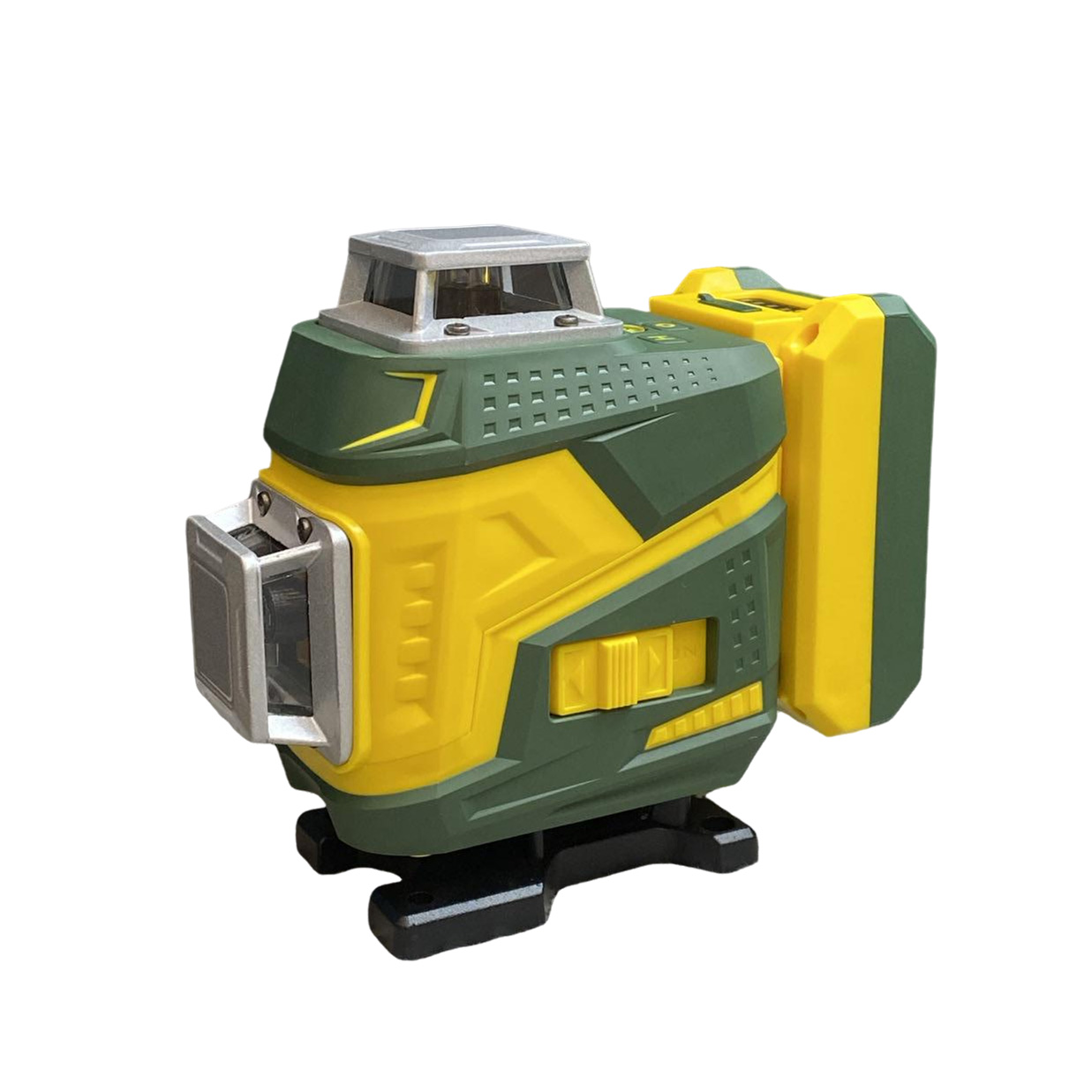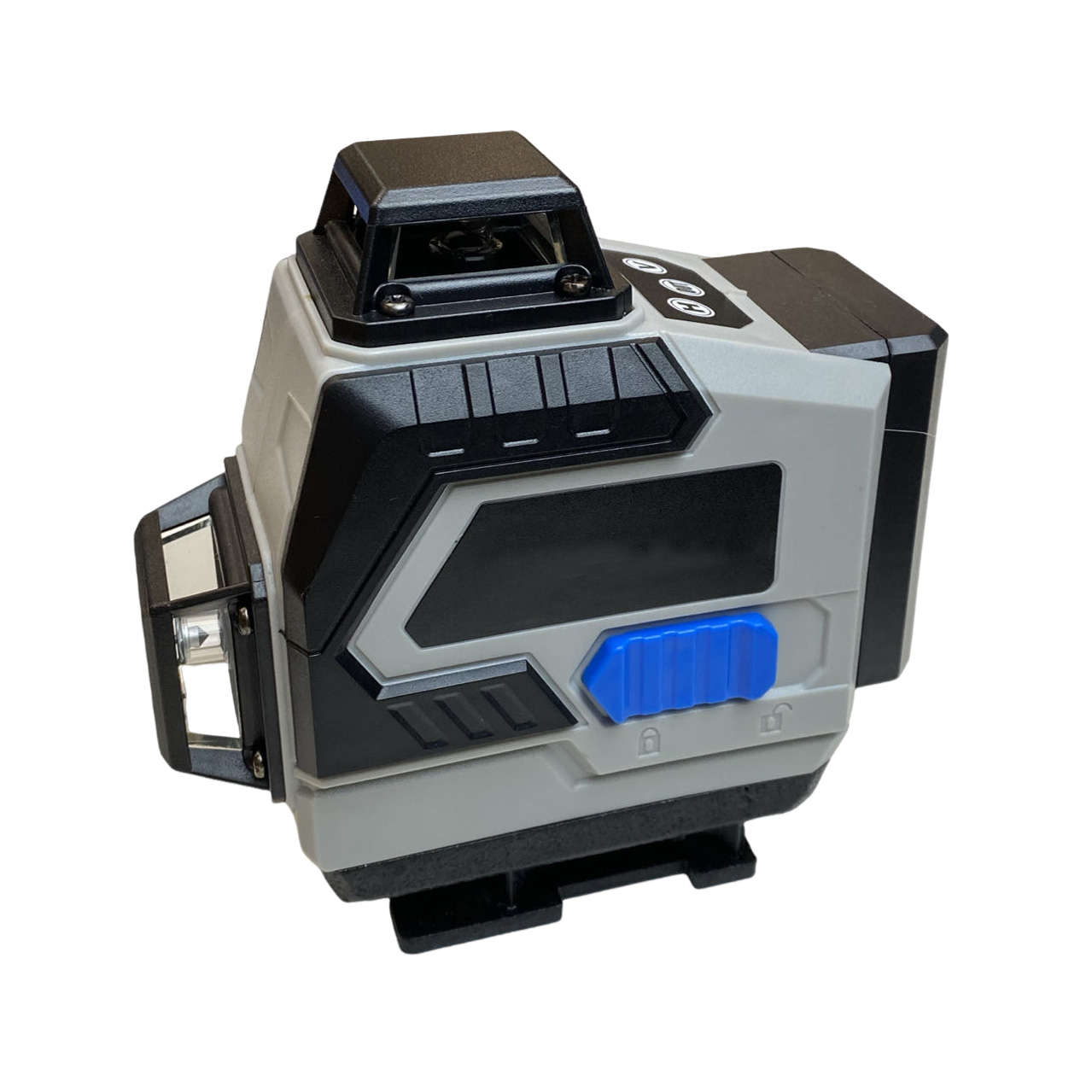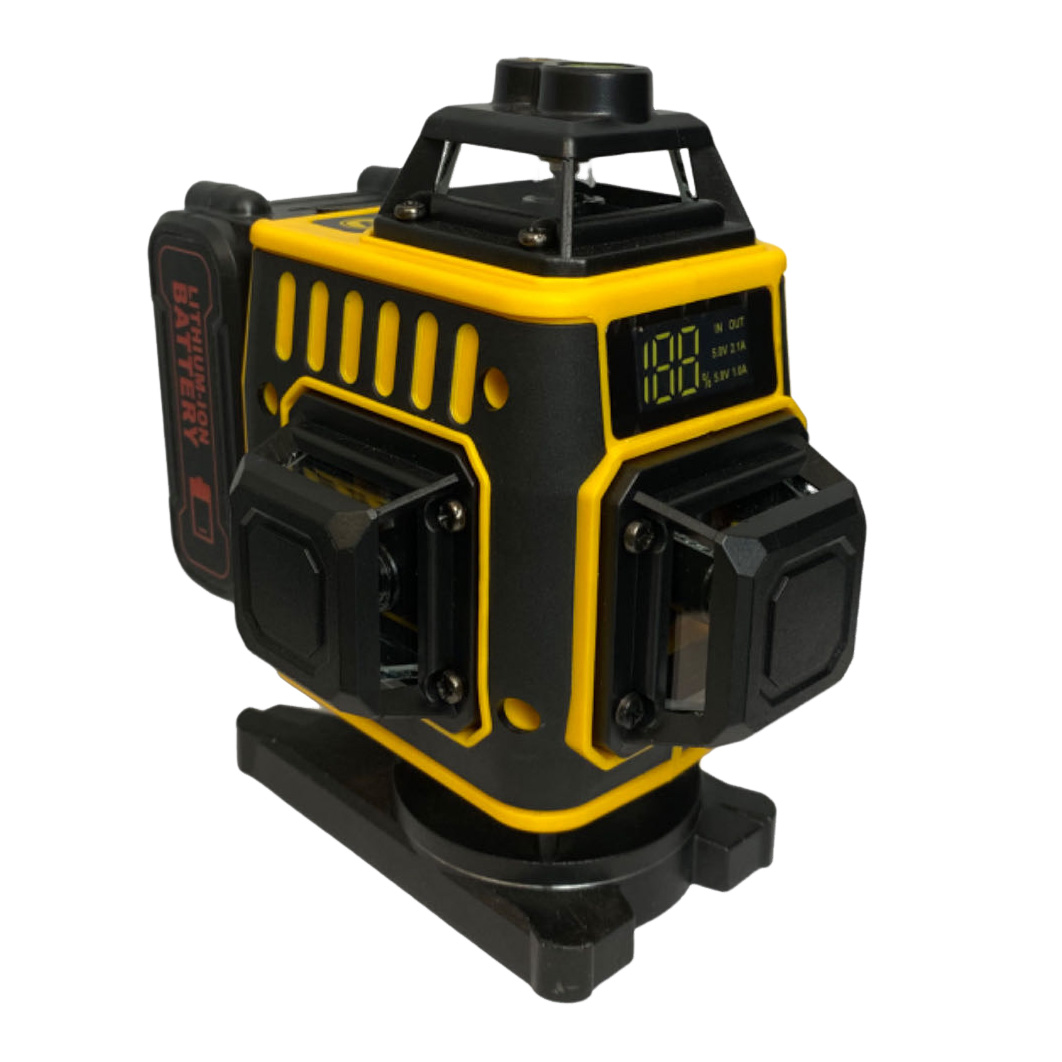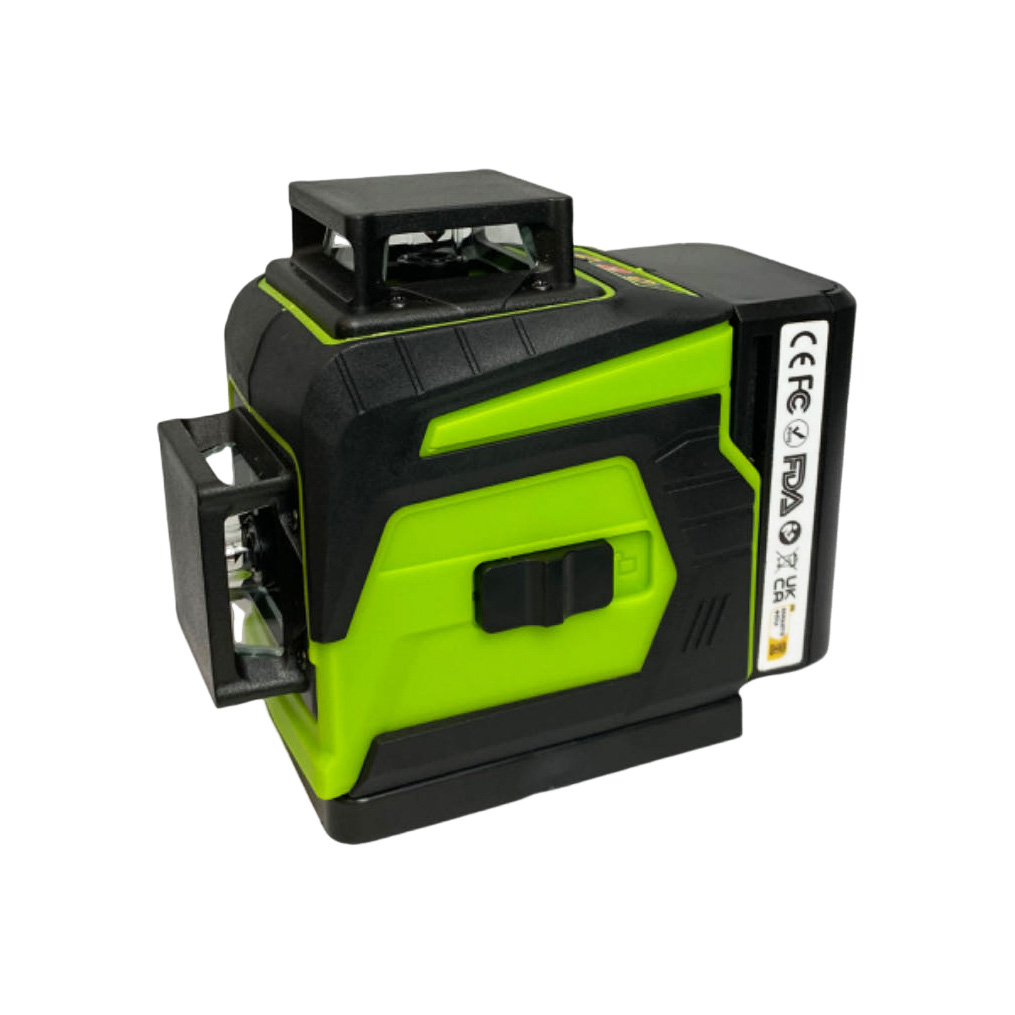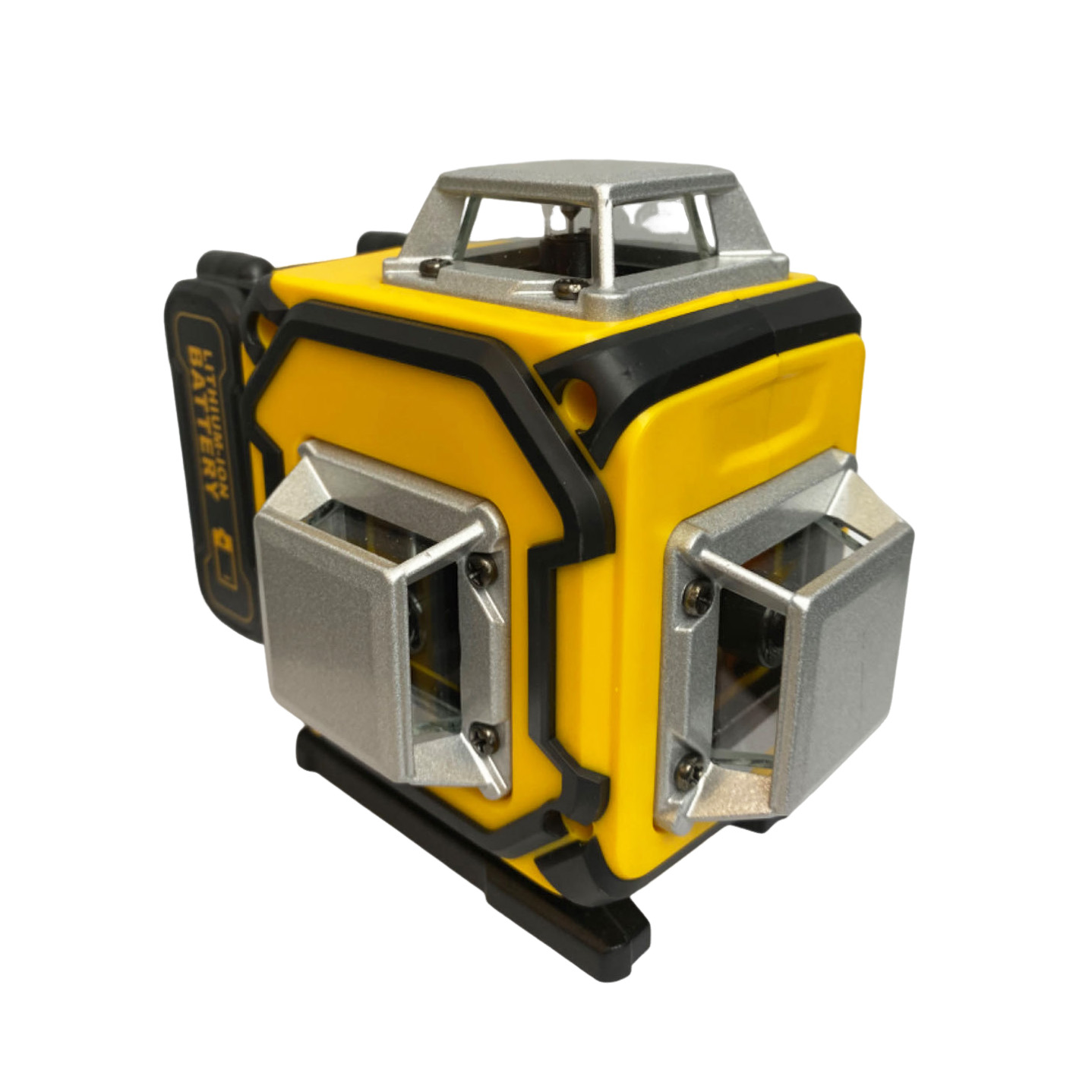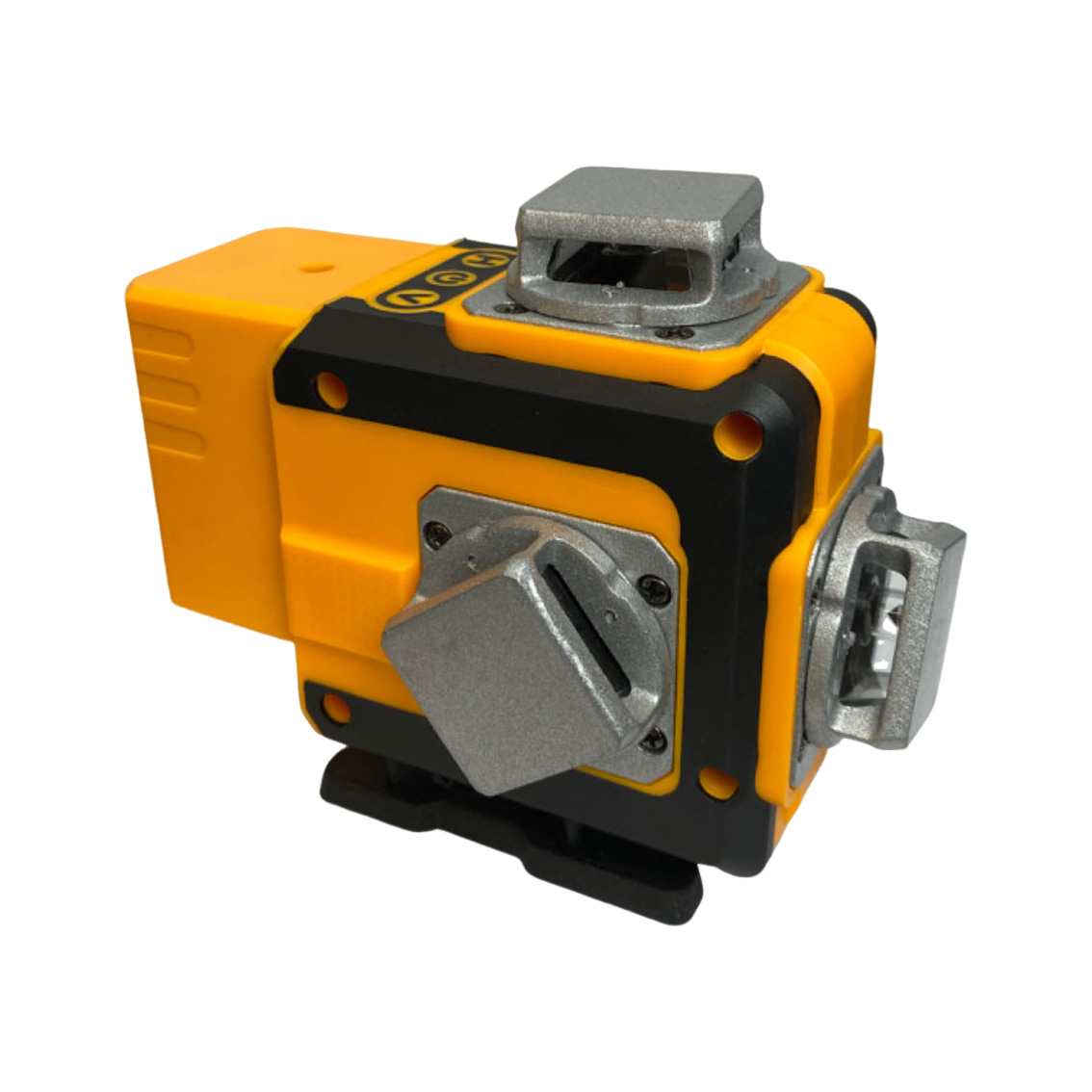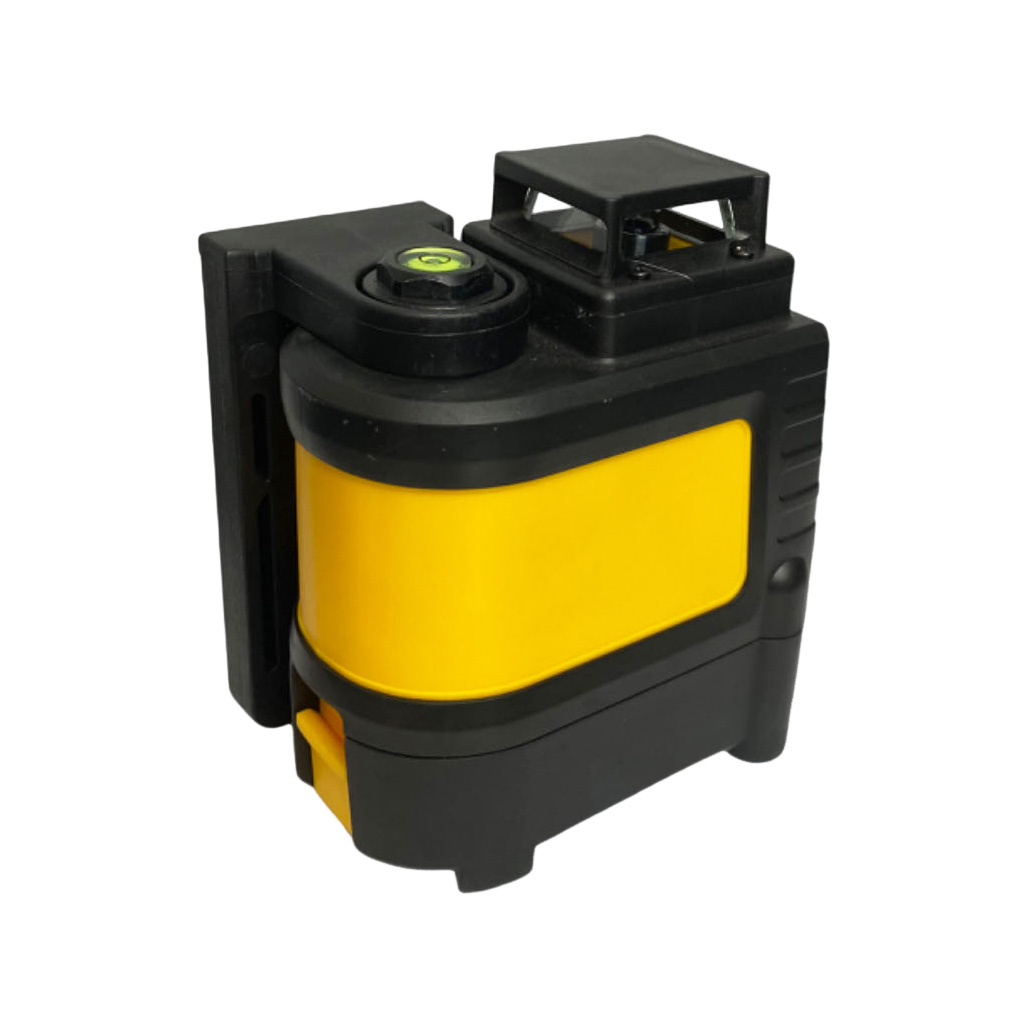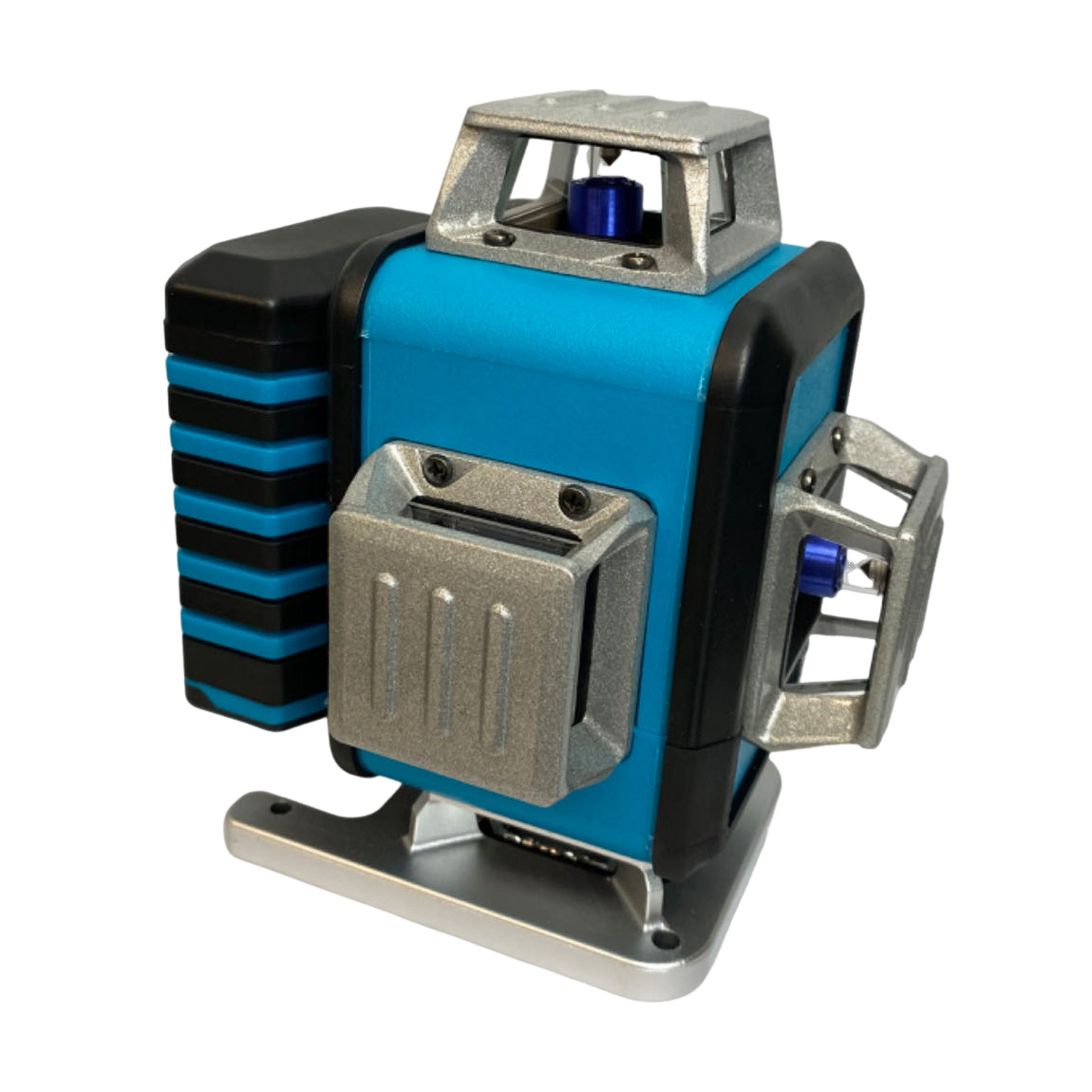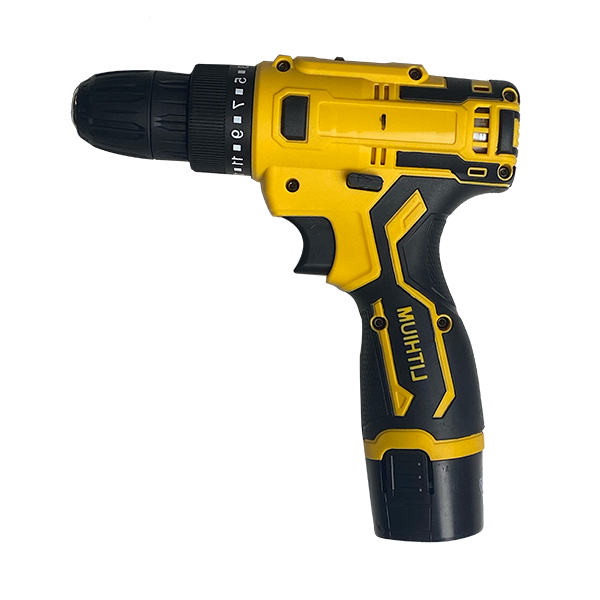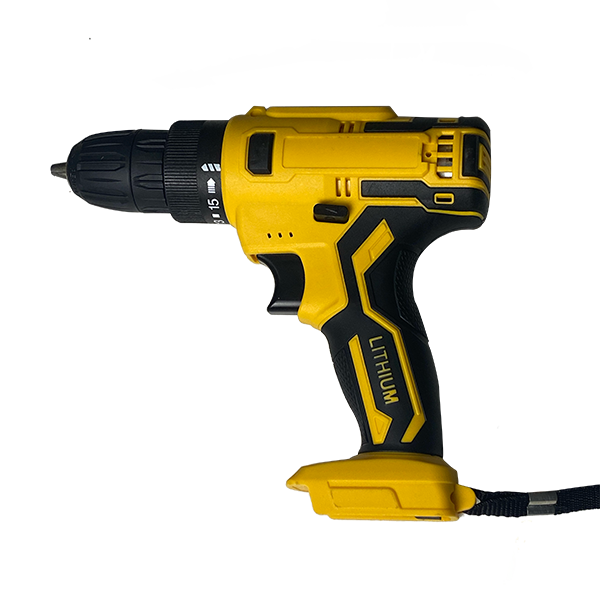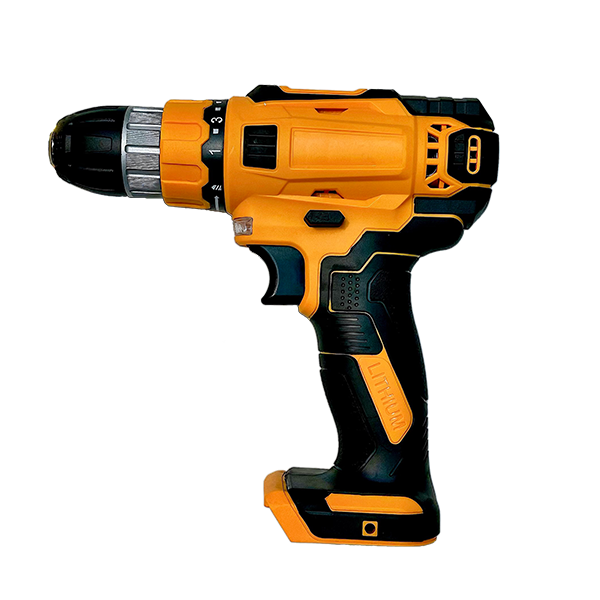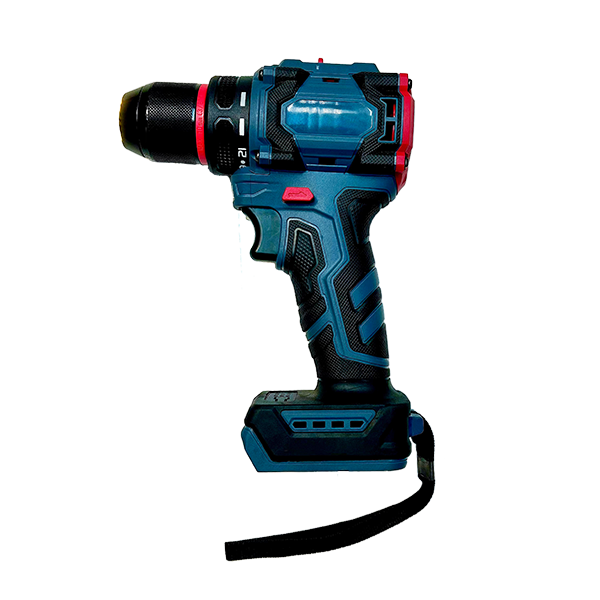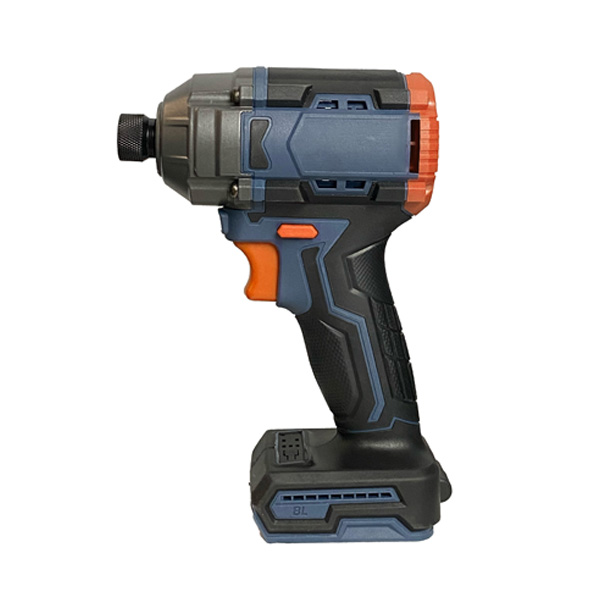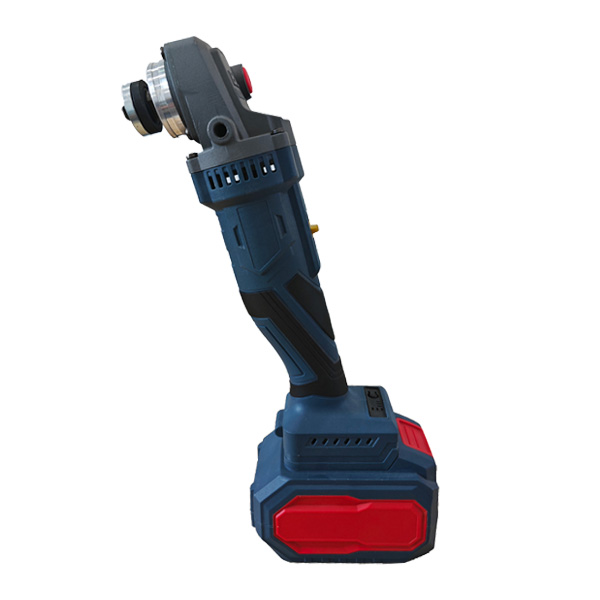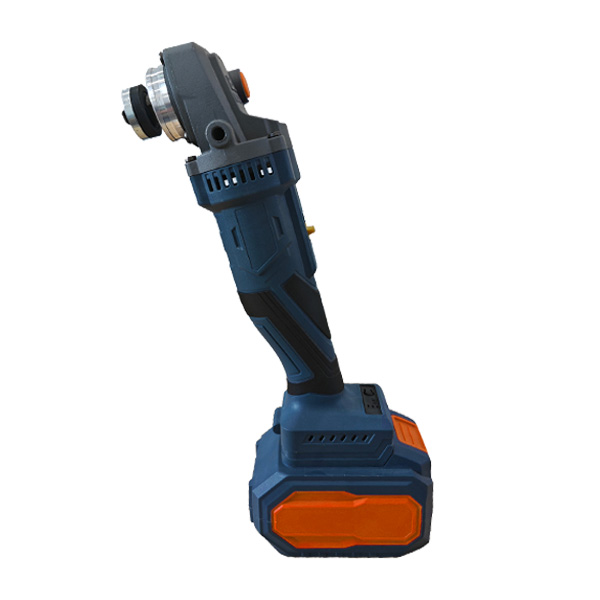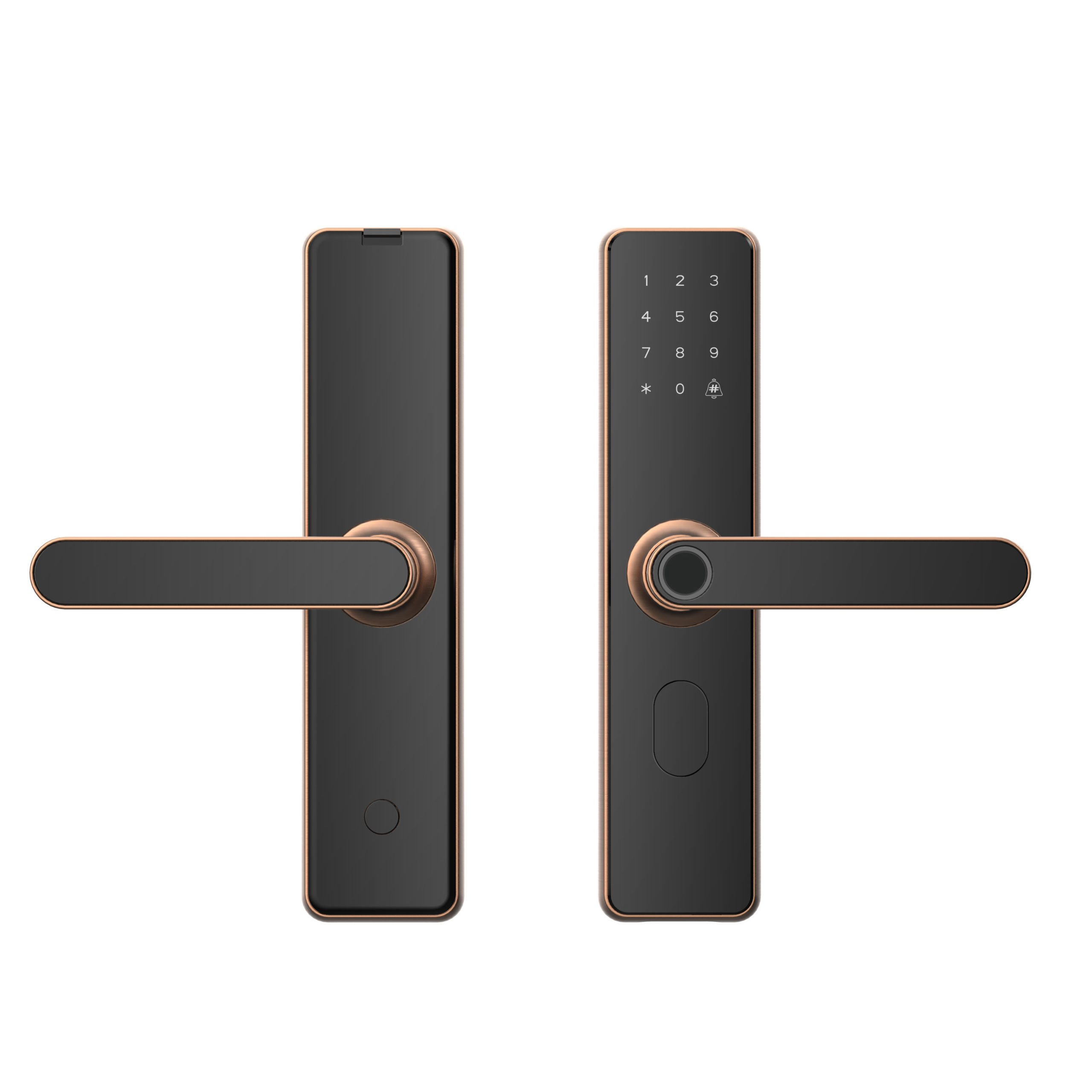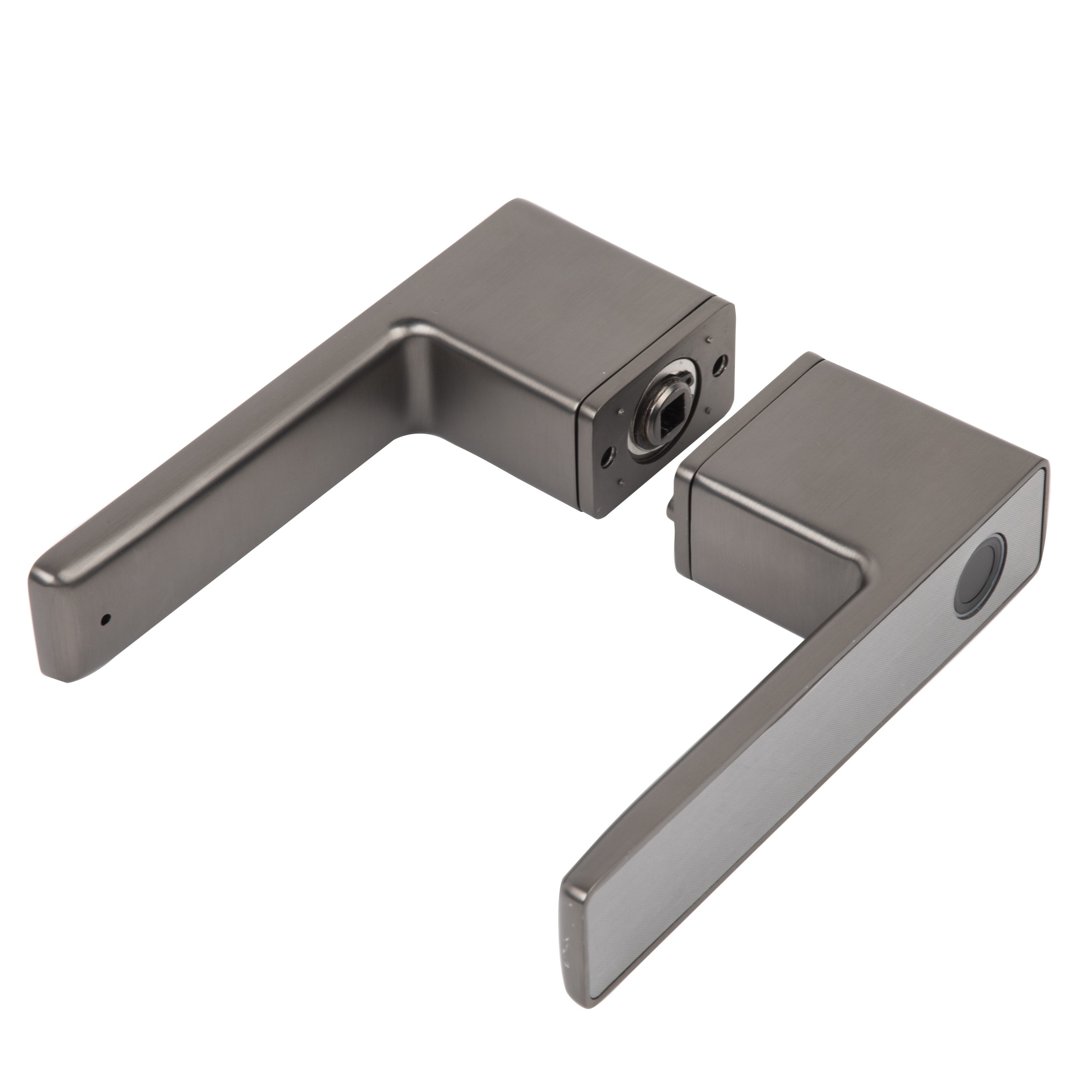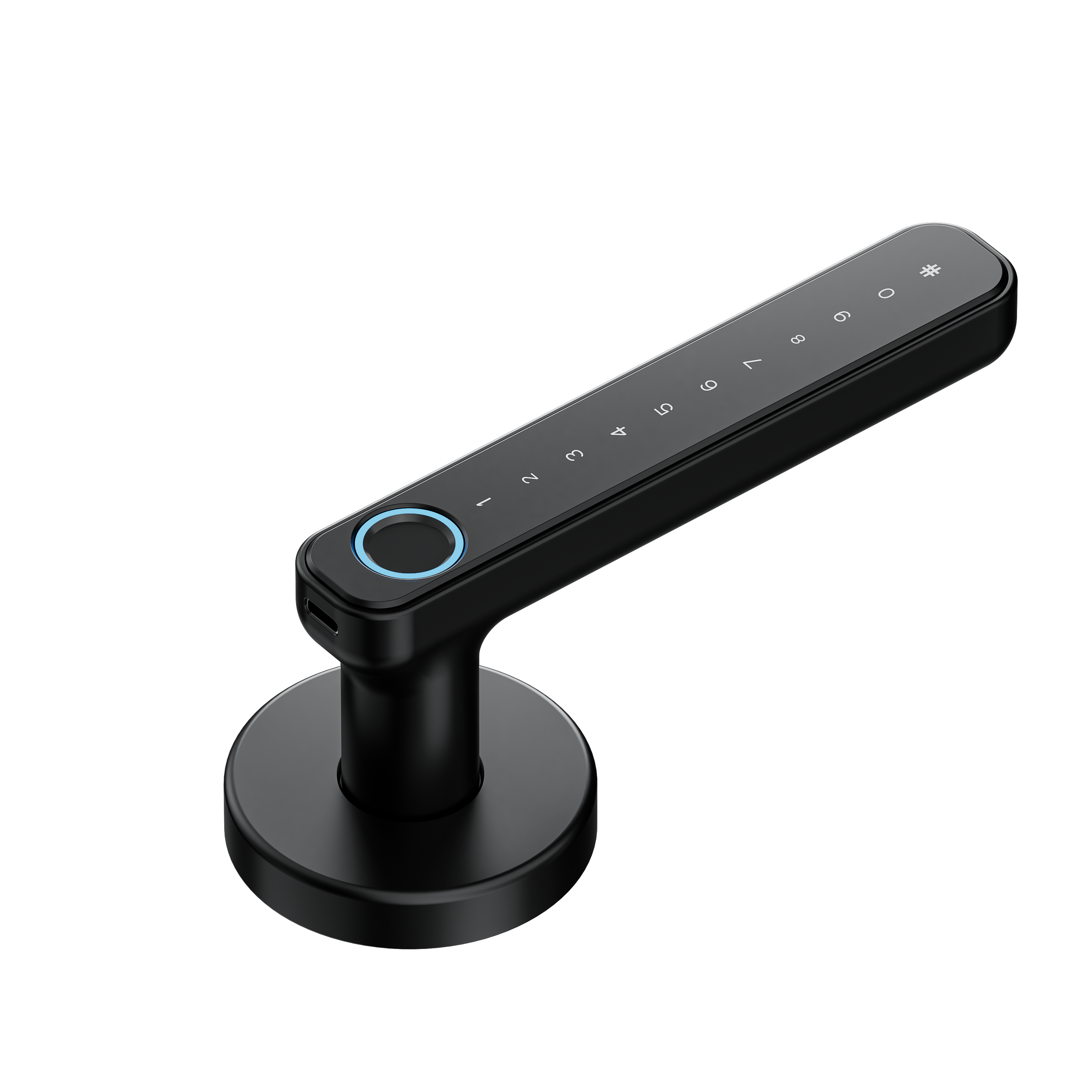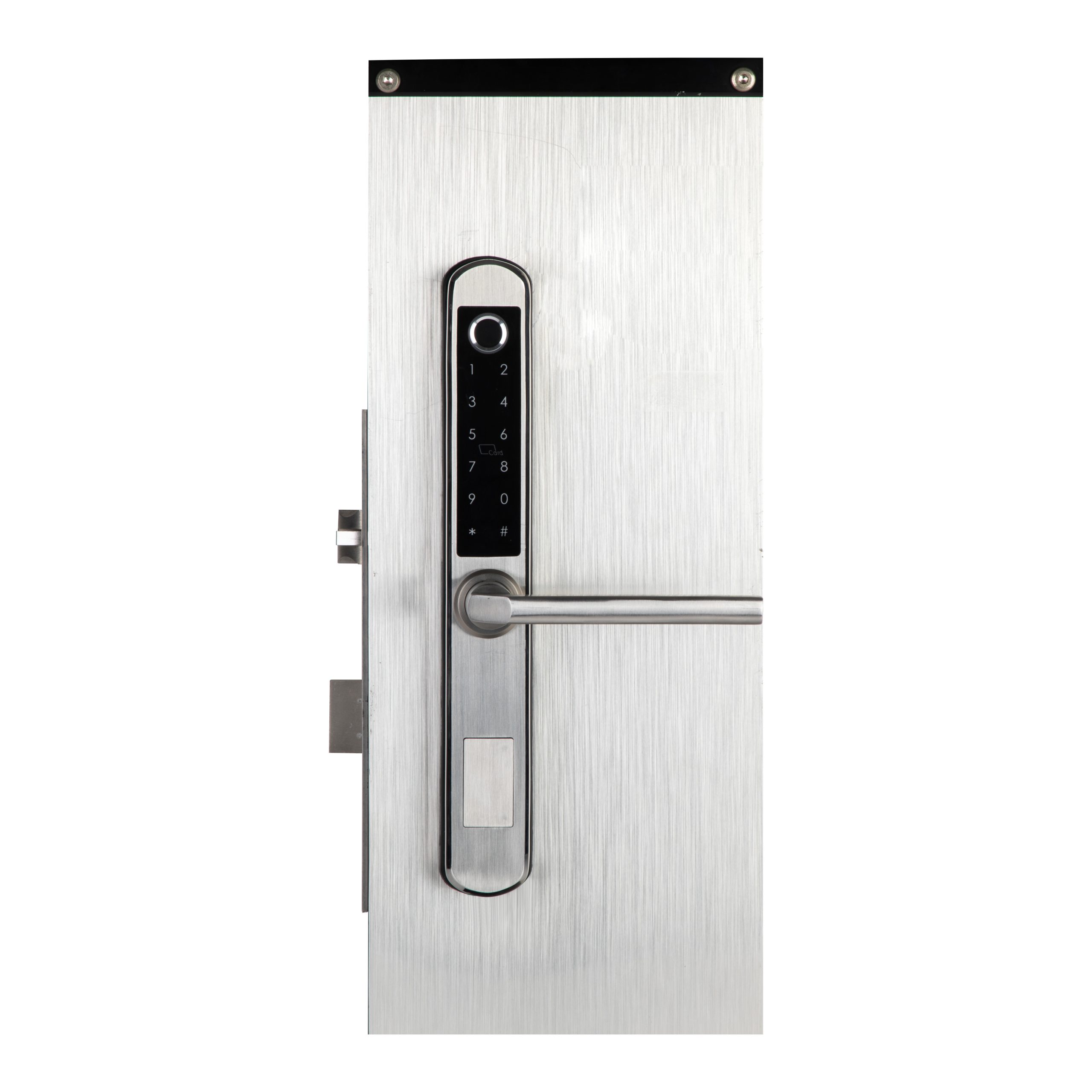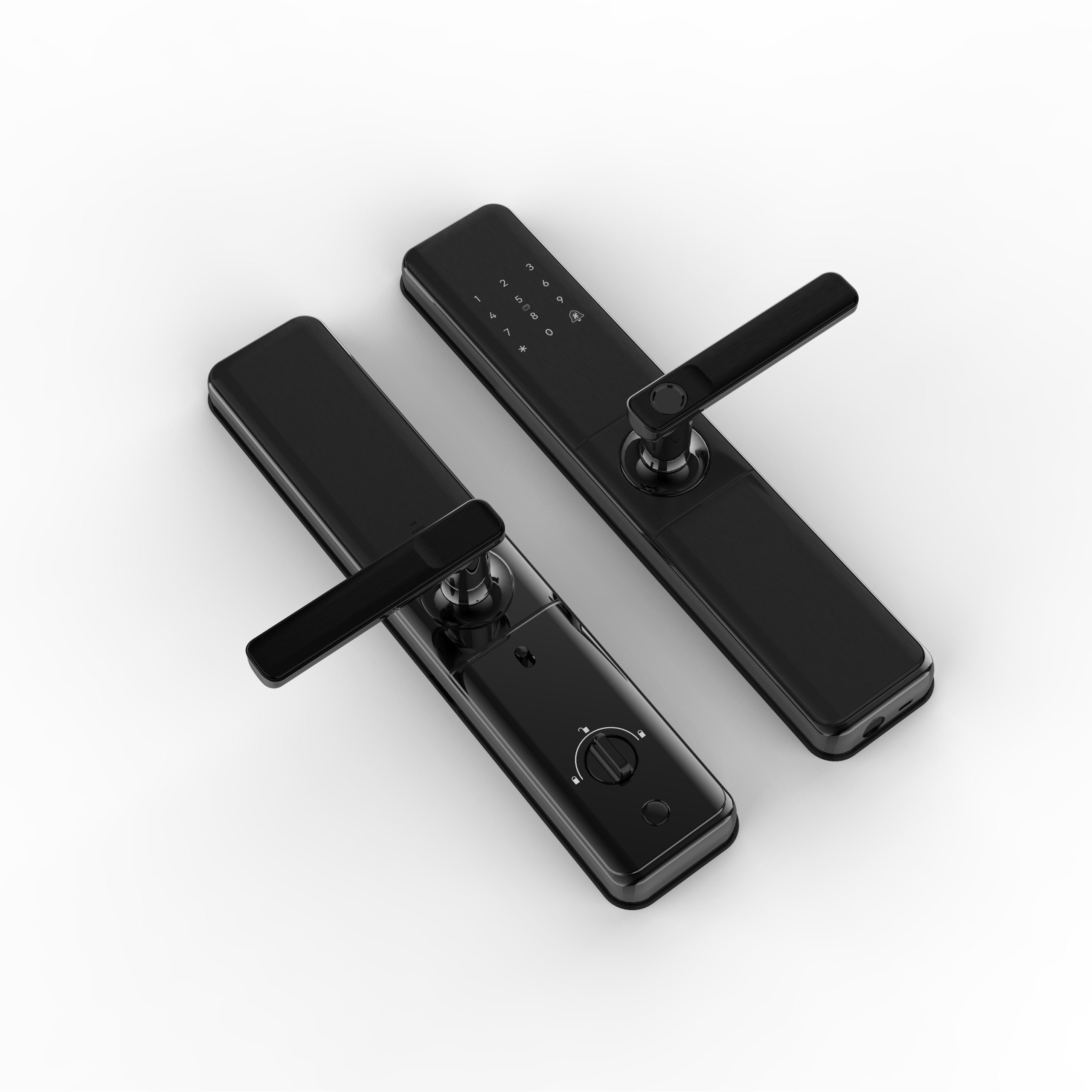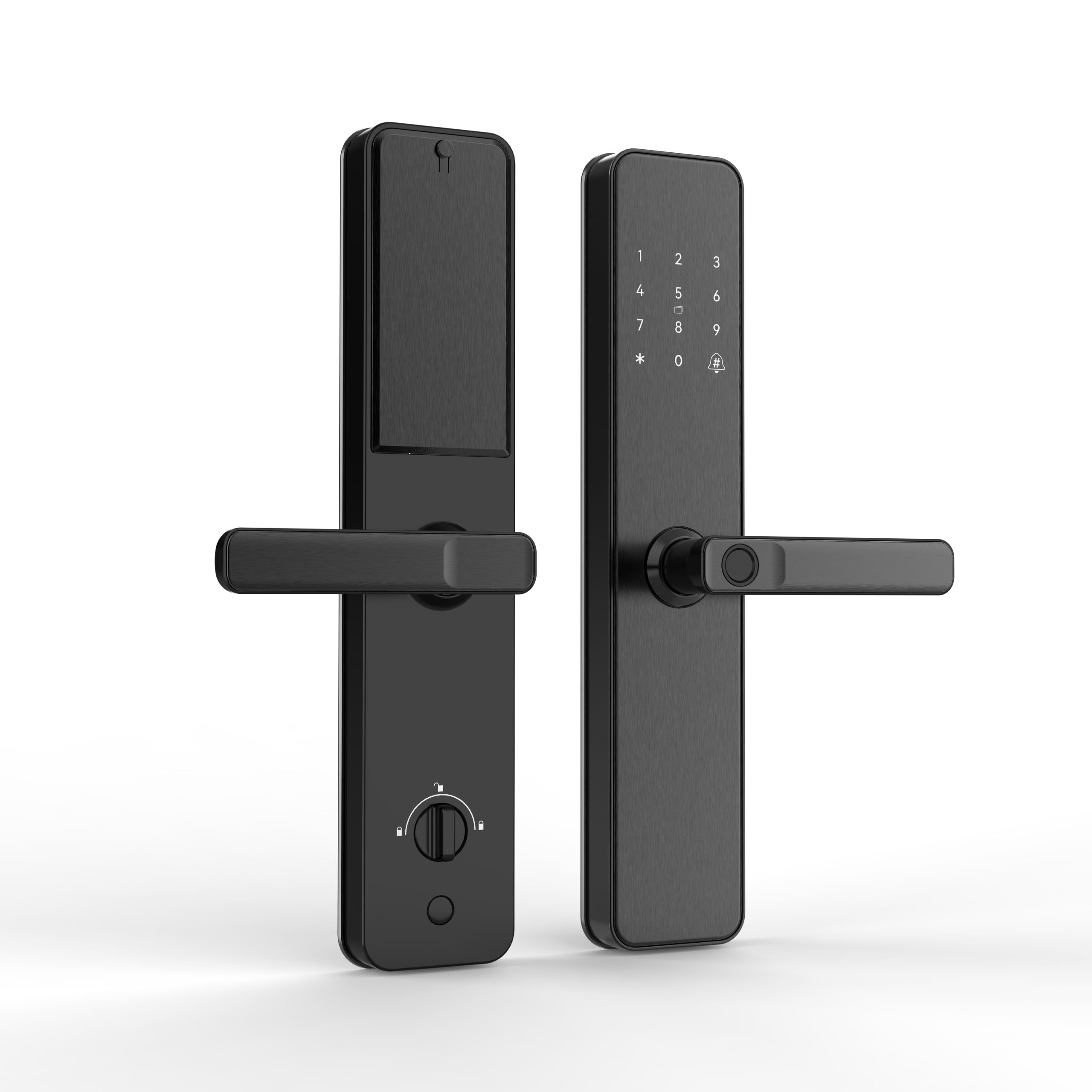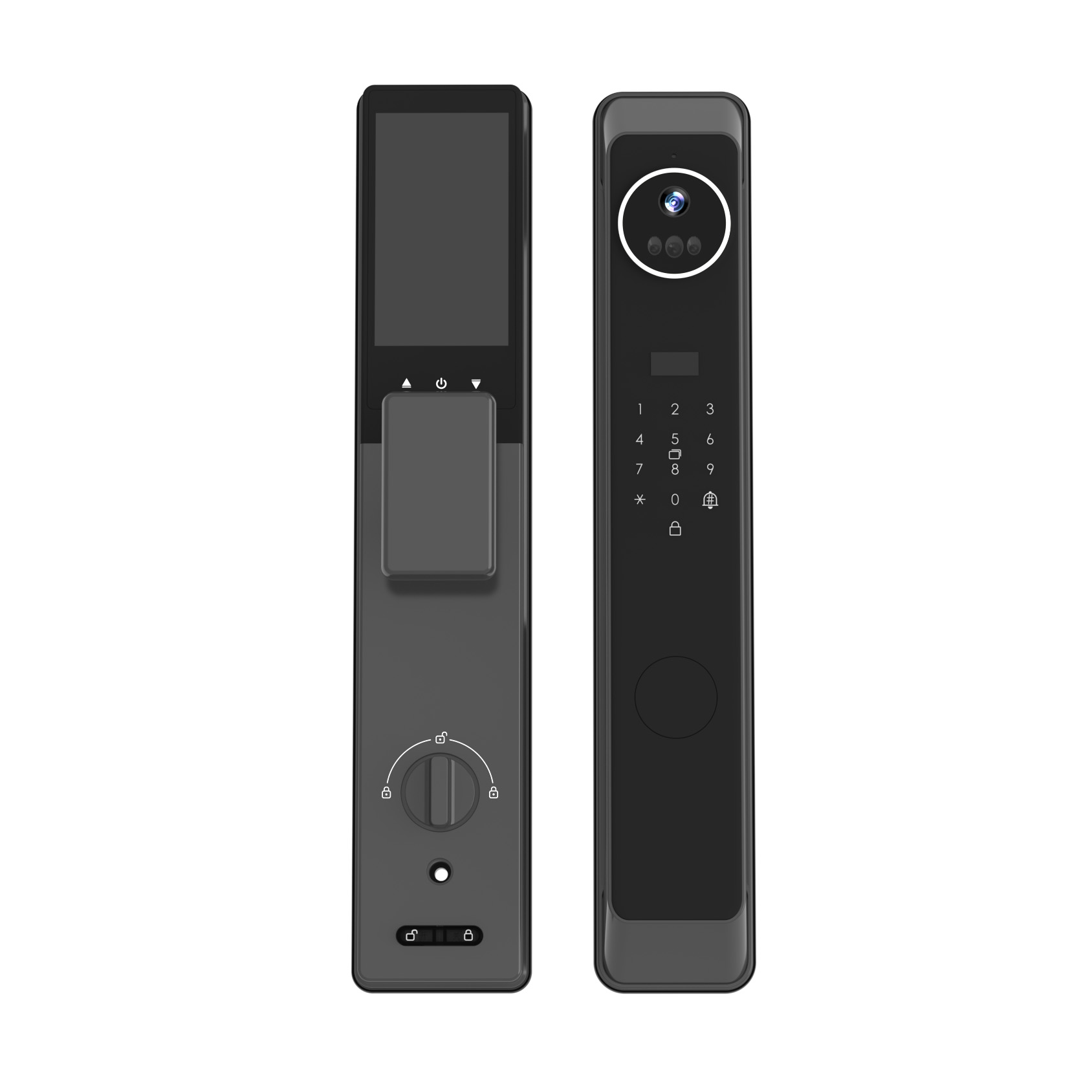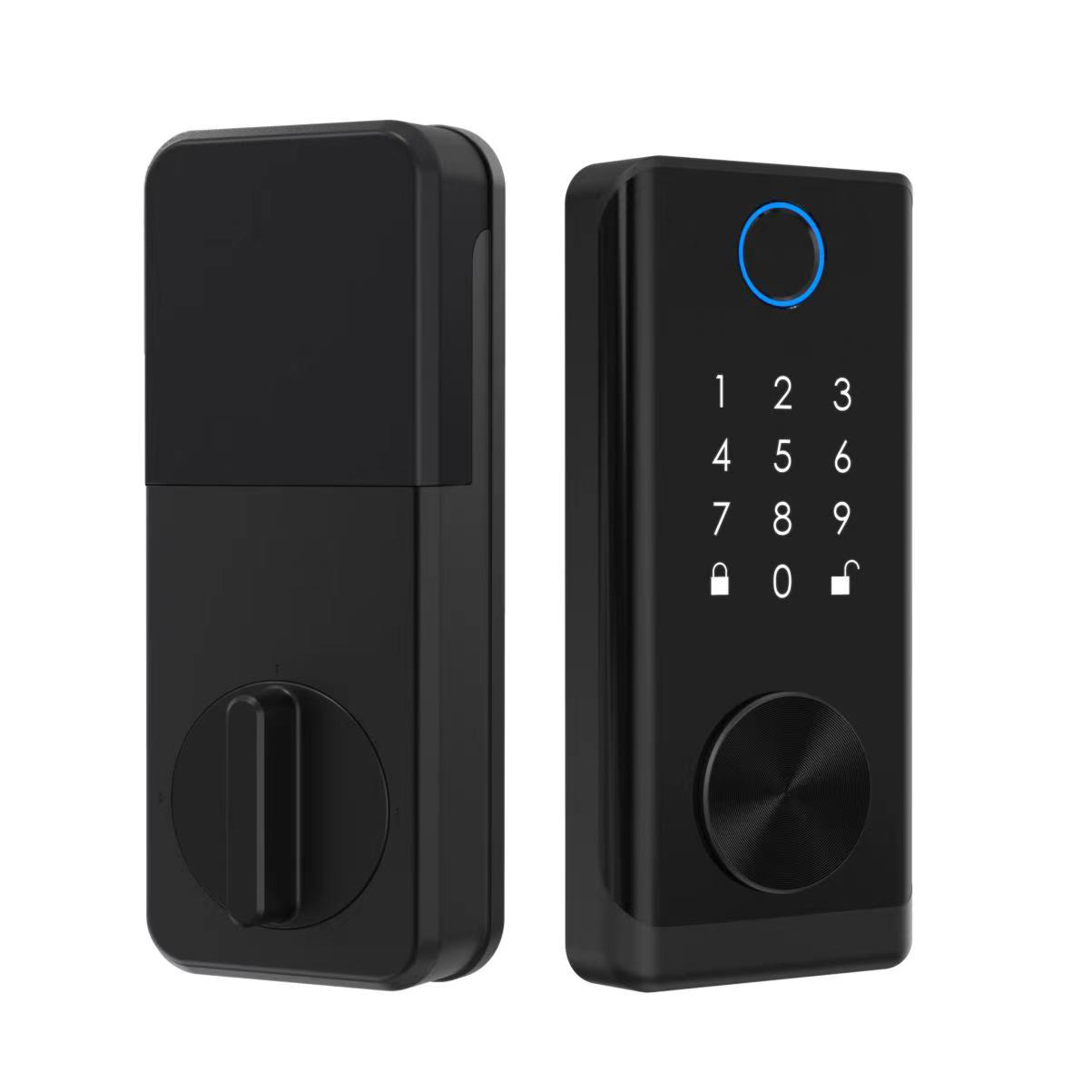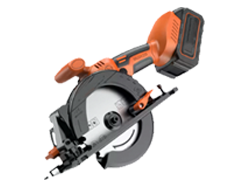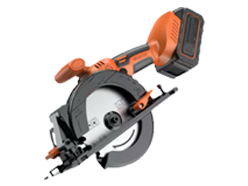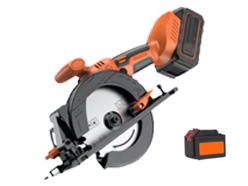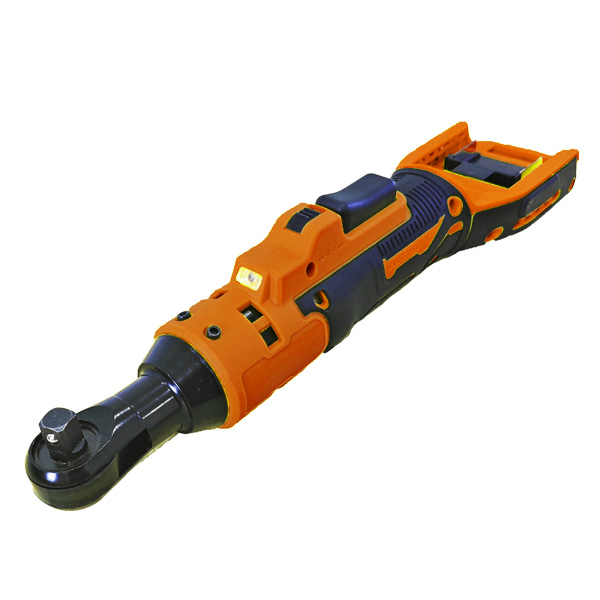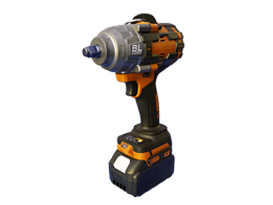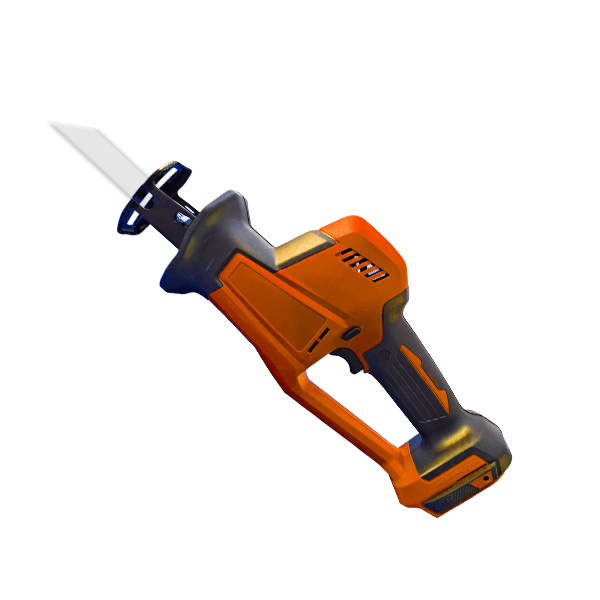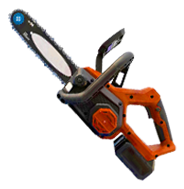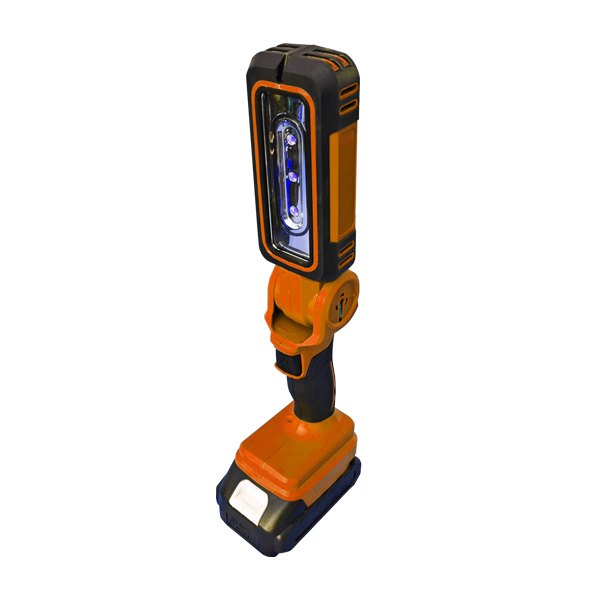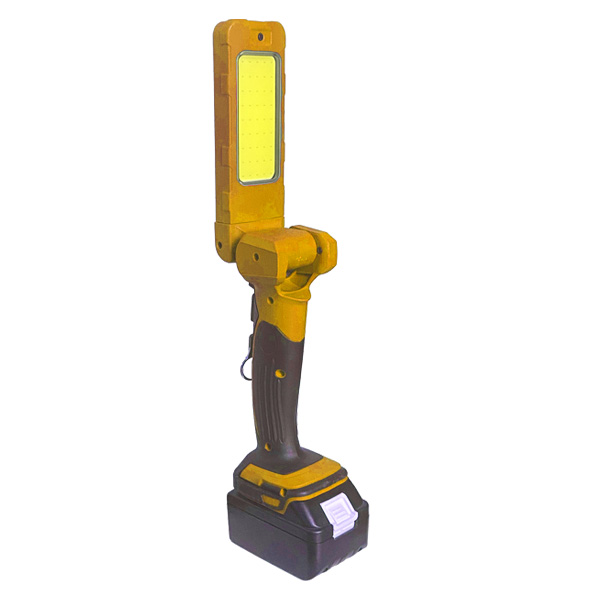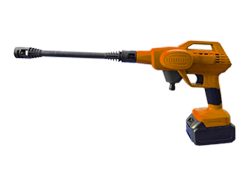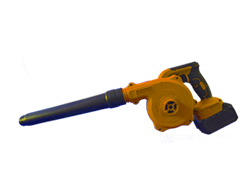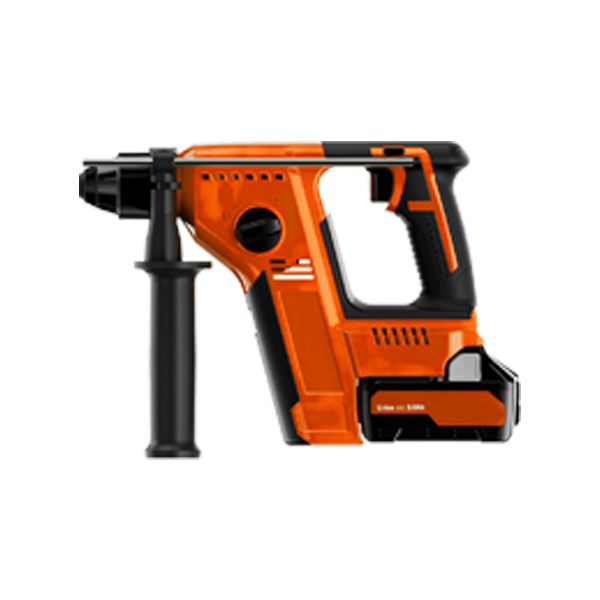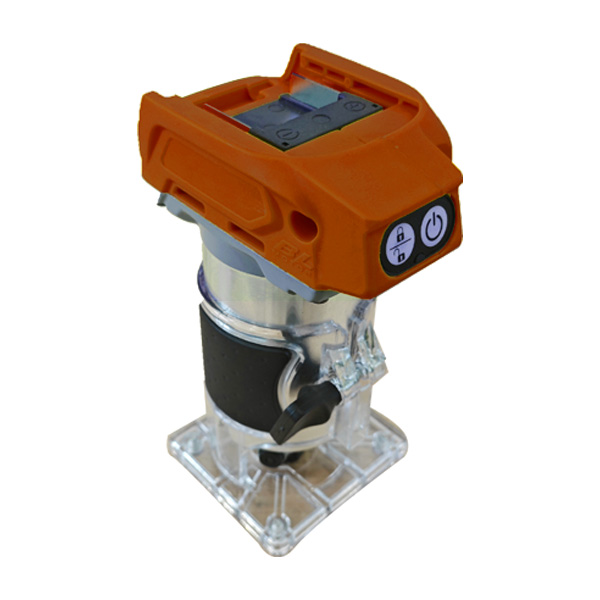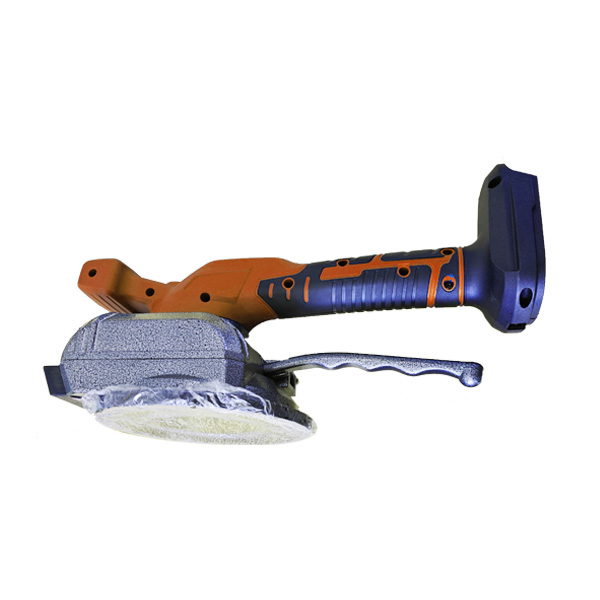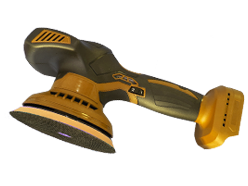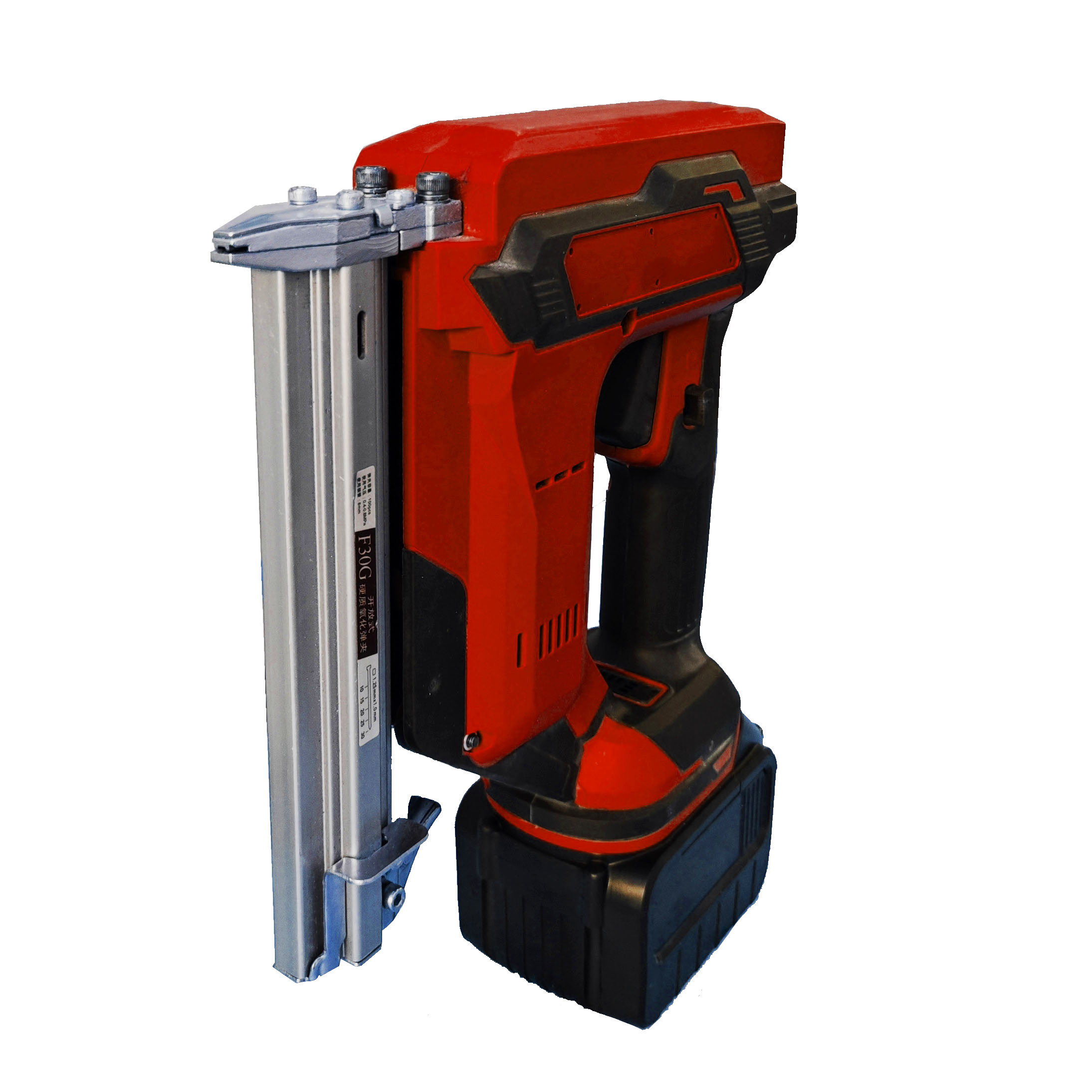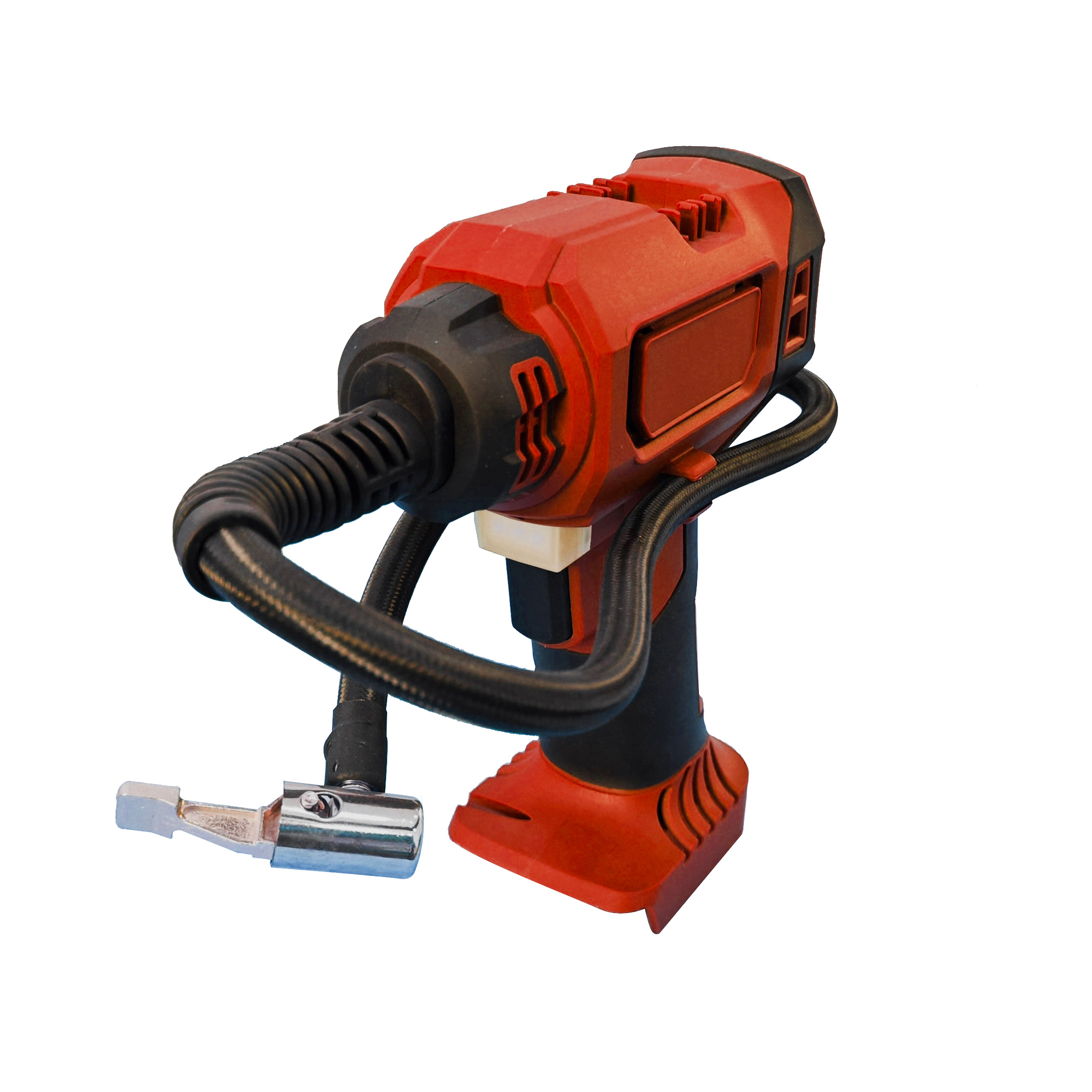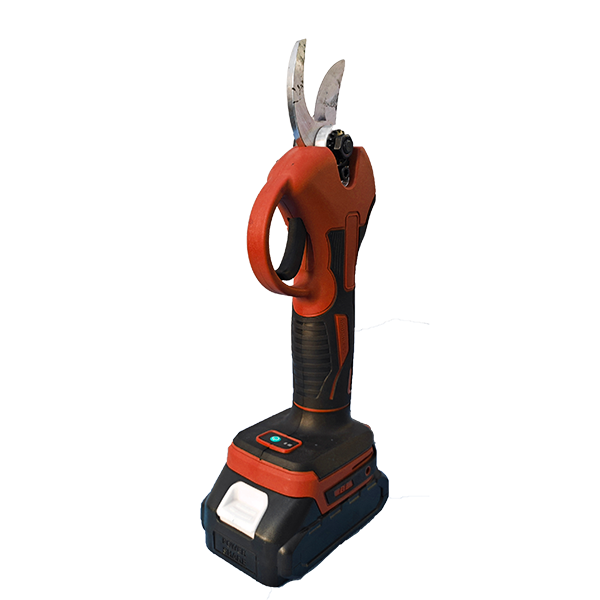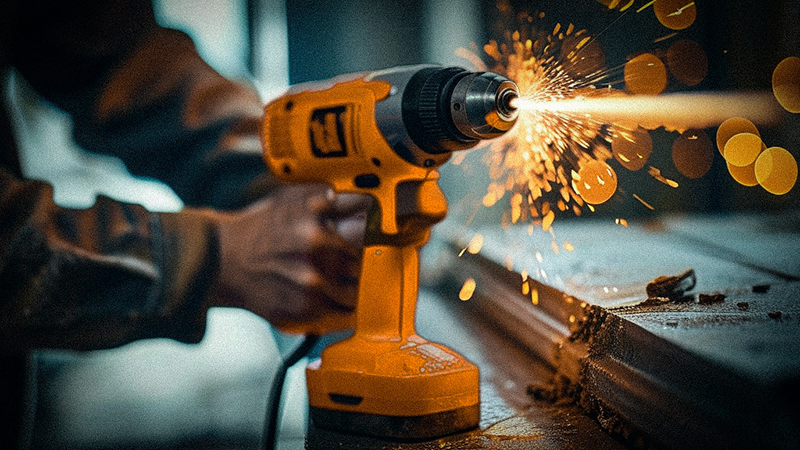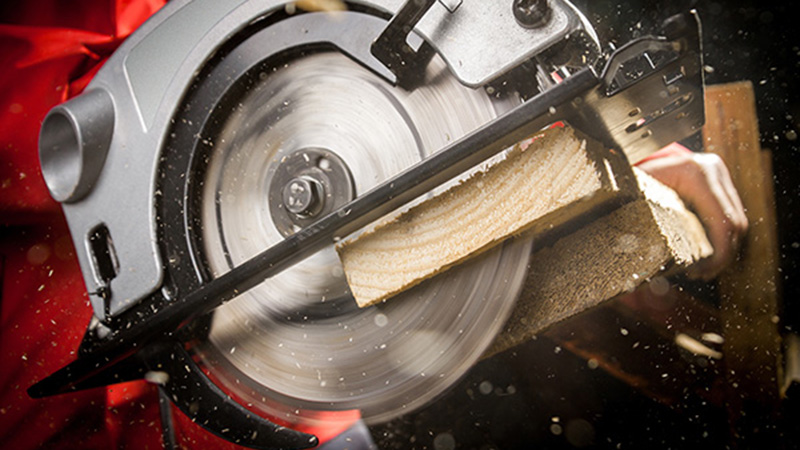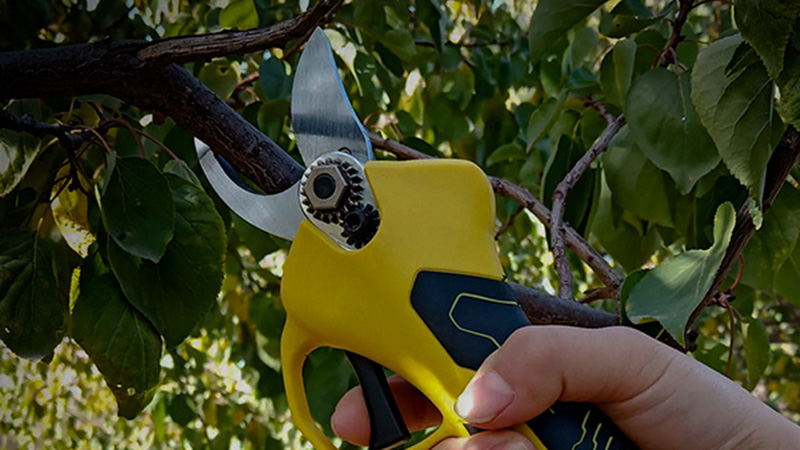Deciding between a smart lock and a traditional lock for your properties or your retail offerings can feel like stepping into a world of choices. This article dives deep into the differences, benefits, and drawbacks of both smart door lock and traditional lock systems. Understanding these distinctions is crucial for making informed decisions about home security and access management. Whether you are a construction company, a DIY retailer, or a hardware store owner like our potential customer Mark Thompson, this guide will illuminate the path to the right lock for your needs.
Decoding Traditional Locks: The Familiar Guardian
What exactly is a traditional lock, and how does it work? The traditional lock, the stalwart guardian of homes and businesses for centuries, operates on a simple yet effective mechanical principle. It relies on a cylinder and tumbler system. When the correct physical key is inserted, its precisely cut grooves align internal pins, allowing the cylinder to turn and the lock to be opened. This mechanism has proven reliable and durable over time. Many homes still rely on deadbolt locks, a robust form of traditional lock, for their primary home security.
The beauty of a traditional lock lies in its straightforwardness. There are no electronic components to malfunction, no batteries to die, and no network connections to worry about. For many, the tangible feel of a physical key and the distinct click of the lock engaging provides a sense of security that is both familiar and reassuring. However, the simplicity of a traditional lock also comes with inherent limitations, especially in today's increasingly connected world.

The Rise of the Smart Lock: What Makes it "Smart"?
The smart lock represents a significant evolution in door lock technology, integrating digital intelligence into the fundamental function of securing an entrance. But what truly makes a lock "smart"? At its core, a smart lock replaces or augments the traditional key-based mechanism with electronic access control. This can involve keypad entry, smartphone app control via Bluetooth or Wi-Fi, biometric authentication like fingerprint scanning, or even voice commands. This move towards keyless entry is a defining characteristic of smart locks.
As a factory owner in China specializing in cordless lithium power tools, I, Allen, understand the value of innovation and efficiency. Just as our cordless lithium technology offers freedom and power without the constraints of cords, smart locks offer a new level of freedom and control over access to your home. The integration of wireless technology allows many smart locks to connect to your smart home system, enabling remote monitoring and control. This connectivity transforms a simple door lock into a crucial component of a comprehensive smart home ecosystem.
Smart Lock vs. Traditional Lock: Key Differences in Functionality
The fundamental difference between a smart lock and a traditional lock lies in how they lock and unlock. A traditional lock requires a physical key to manually engage the locking mechanism. You insert the key, turn it, and the bolt slides into place. Conversely, a smart lock utilizes electronic signals to control the bolt. You might enter a code on a keypad, use a smartphone app to send an unlock command, or even rely on proximity sensors to automatically unlock the door as you approach.
This shift from mechanical to electronic operation opens up a range of possibilities. Smart locks often offer features like audit trails, recording who locks or unlocks the door and when. They can also be programmed with temporary access codes for guests or service providers, eliminating the need to share physical keys. While a traditional lock performs its core function reliably, it lacks the advanced functionalities and connectivity that define the smart lock experience.
What are the Benefits of Smart Locks for Modern Home Security?
The benefits of smart locks extend far beyond mere convenience. For modern home security, they offer a significant upgrade in control and awareness. Imagine you're traveling and suddenly can't remember if you locked your door. With a smart lock, you can simply check the status of your lock via your smartphone app and lock or unlock your door remotely if needed. This capability alone provides immense peace of mind.
Furthermore, many smart locks offer features like tamper alerts, notifying you if someone attempts to force the lock. Integration with your home security system can trigger alarms or security cameras upon unauthorized entry attempts. The ability to grant and revoke access instantly is another significant advantage, particularly for those who frequently have visitors or need to provide temporary access. As potential customer Mark Thompson knows, securing properties effectively is paramount, and smart locks offer advanced tools to achieve this.
Here's a table summarizing some key benefits:
| Feature | Traditional Lock | Smart Lock |
|---|---|---|
| Key Requirement | Physical Key | Keyless Entry (Keypad, App) |
| Remote Control | No | Yes |
| Access Logging | No | Yes |
| Temporary Codes | No | Yes |
| Tamper Alerts | No | Often Yes |
| Integration with Smart Home | No | Yes |

Considering Traditional Locks: Are There Still Advantages?
Despite the advancements of smart locks, traditional locks still hold their ground and offer certain advantages. Their primary strength lies in their simplicity and reliability. A traditional lock doesn't rely on batteries, Wi-Fi, or software updates. Once installed, it will function consistently as long as the mechanical components remain intact. This makes them a dependable choice, especially in situations where power outages or technological glitches are a concern.
Furthermore, the initial cost of a traditional lock is generally lower than that of a smart lock. Installation is often straightforward, requiring minimal technical expertise. For areas where sophisticated home security features are not a priority, or where the risk of digital vulnerabilities is a concern, a traditional lock remains a viable and practical option. Thinking from Mark Thompson's perspective, in some cost-sensitive applications, the reliability and lower upfront cost of traditional door locks might be appealing.
Electronic Lock or Smart Lock: What’s the Real Distinction?
The terms "electronic lock" and "smart lock" are often used interchangeably, but there's a subtle yet important distinction. An electronic lock primarily refers to a lock that uses electronic components for its operation, often involving a keypad for code entry. These electronic door locks offer keyless entry but may lack the advanced connectivity features that define a smart lock.
A smart lock, on the other hand, is a subset of electronic locks that goes a step further by integrating with smart home ecosystems. This integration with smart home systems allows for remote control via smartphone apps, voice assistants, and seamless interaction with other smart devices. So, while all smart locks are electronic locks, not all electronic locks are smart locks. The key differentiator is the level of connectivity and integration with a broader smart home environment.
Smart Door Lock vs. Traditional Door Lock: Which Offers Better Convenience?
When it comes to convenience, the smart door lock undeniably takes the lead. The ability to unlock the door without fumbling for keys, grant temporary access remotely, and check the lock activity from anywhere offers a level of convenience that traditional door locks simply cannot match. Imagine a scenario where you have a delivery arriving, but you're stuck in a meeting. With a smart door lock, you can remotely unlock the door for the delivery person and then secure it again.
For busy individuals and families, the keyless entry offered by smart locks is a game-changer. No more worrying about lost or stolen keys, and no more need to make spare keys for everyone. The convenience extends to managing access for guests, cleaning services, or maintenance personnel, making life simpler and more efficient. This convenience compared to traditional options is a major selling point for the smart lock market.
How Do Smart Locks Offer Enhanced Security Compared to Traditional Ones?
While traditional locks provide a baseline level of security, smart locks offer advanced features that significantly enhance home security. Many smart locks are equipped with encryption and authentication protocols that make them more resistant to lock picking and bumping, common techniques used to bypass traditional locks. The ability to monitor lock activity provides an audit trail, allowing you to see who has accessed your home and when.
Furthermore, the instant alerts offered by smart locks in case of tampering or forced entry provide an immediate response mechanism. The integration with security cameras and alarms further strengthens the overall security posture of your home. Smart locks rely on multiple layers of security, combining physical robustness with digital safeguards, making them a formidable deterrent against unauthorized access.
For Whom are Smart Locks and Traditional Locks Best Suited?
Deciding between a smart lock and a traditional lock often comes down to individual needs and priorities. Traditional locks remain a solid choice for those who prioritize simplicity, reliability, and lower upfront costs. They are well-suited for situations where advanced features are not necessary, or where the risk of digital vulnerabilities is a concern. Rental properties or less frequently accessed areas might benefit from the dependable nature of traditional locks.
On the other hand, smart locks are ideal for homeowners and businesses seeking enhanced security, convenience, and control over access. Individuals who value keyless entry, remote monitoring, and integration with their smart home ecosystem will find smart locks to be a valuable investment. For tech-savvy users and those who manage access for multiple individuals, smart locks offer a superior and more efficient solution. Considering Mark Thompson's business model, smart locks represent a growing demand from consumers seeking modern home security solutions.
Choosing the Right Lock: Factors to Consider for Your Specific Needs
Choosing the right lock requires careful consideration of various factors. What are your primary security concerns? Is convenience a top priority? What is your budget? Do you already have a smart home system in place, and do you desire integration with other smart home devices? These are crucial questions to ask yourself.
Consider the level of security each type of lock offers. Research the specific features of different smart lock models, paying attention to encryption methods, tamper resistance, and integration capabilities. Think about the user-friendliness of each option, especially for all members of your household or business. Finally, factor in the installation process and any ongoing costs, such as battery replacements for smart locks. By weighing these factors, you can determine which is the best lock for your home or business.
Key Takeaways:
- Traditional locks offer simplicity, reliability, and lower upfront cost.
- Smart locks provide enhanced security, convenience through keyless entry, and remote control.
- Smart locks often integrate with smart home systems, offering advanced features like access logging and temporary codes.
- The choice between a smart lock and a traditional lock depends on individual needs, priorities, and budget.
- Consider security needs, convenience requirements, and smart home integration when deciding between a smart and a traditional lock.
As a leading manufacturer in China, we at Savage Tools understand the importance of security and innovation. While we focus on cordless lithium power tools, we recognize the growing demand for smart home devices like smart door locks. We believe in providing high-quality, efficient solutions, much like the convenience and security offered by a reliable smart lock. For robust and efficient cordless lithium power tools, explore our range, including our versatile Cordless Lithium Brushless Drill SG-DN45-BL18 for construction needs, and consider the added security a smart lock brings to your properties. Even for outdoor tasks, our Tree Branch Shears SG-BS-BL21 offer powerful performance. Remember, securing your assets, whether with a secure lock or reliable tools, is paramount. We also offer laser precision with tools like our Laser Level SG-LL16-MX3.
Post time: 1 月-14-2025

